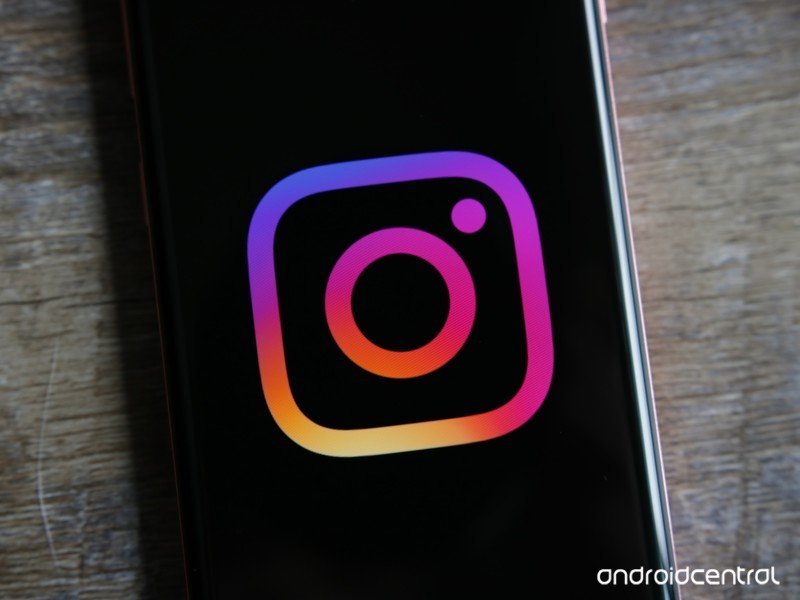 Source: Joe Maring / Android Central
Source: Joe Maring / Android Central
Facebook just recently started integrating Instagram with Messenger, and now the company is rolling out its next biggest change in years.
It’s redesigning the home screen of the main Instagram app to focus on Reels and Shopping, moving away long-standing elements like the create icon that let you upload new images and the notifications tab that let you view all your interactions. These have now been placed out of thumb’s reach at the top right of the app.
Reels, if you recall, is the company’s take on the short video format popularized by TikTok. It launched a few short months ago and has only seen growth since then. Shopping is another new addition to the Instagram app, one that allowed users to browse from small businesses using Facebook’s payment services.
Shop some of Black Friday’s best deals from around the web NOW!
Facebook’s Adam Mosseri, Head of Instagram, said in a blog post:
We don’t take these changes lightly – we haven’t updated Instagram’s home screen in a big way for quite a while. But how people create and enjoy culture has changed, and the biggest risk to Instagram is not that we change too fast, but that we don’t change and become irrelevant. We’re excited about the new design and believe it gives the app a much-needed refresh, while staying true to our core value of simplicity. We’ll continue listening to your feedback so we can keep improving Instagram for you.
Both of these changes were to be expected. While Facebook had been seen testing alternate layouts on Instagram, the company has also been emphasizing e-commerce and shopping more across the board. It announced a new initiative aimed at supporting small businesses earlier in the year, and it just rolled out improved shopping features to WhatsApp this week.
This change, insofar as it makes sense on a corporate strategy level, leaves these apps open to the criticism of mission creep. The original intent of WhatsApp and Instagram, peer-to-peer messaging and image sharing respectively, are now increasingly being muddled by ancillary features that benefit Facebook more than they do the consumer.
